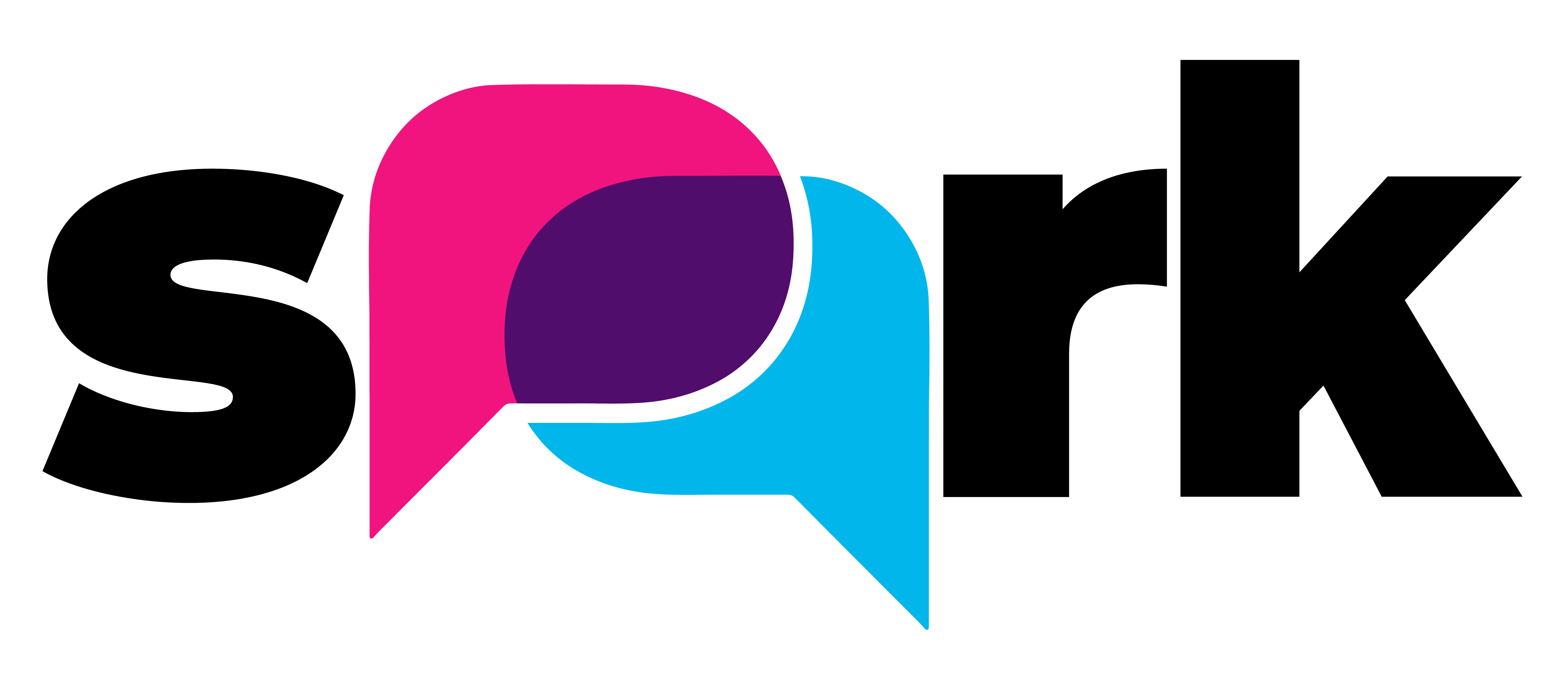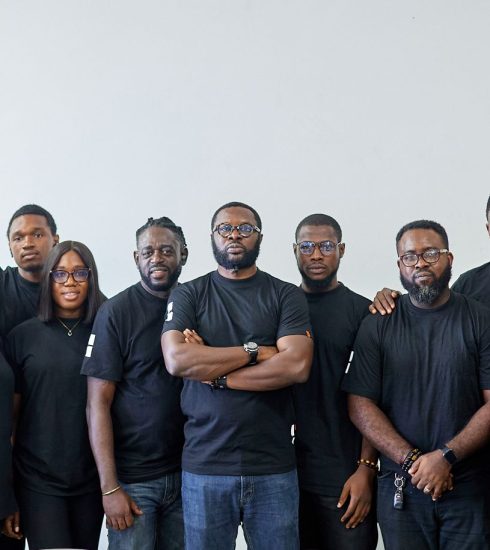Severance: Character Studies and Life Lessons from Apple TV+’s Mind-Bending Drama
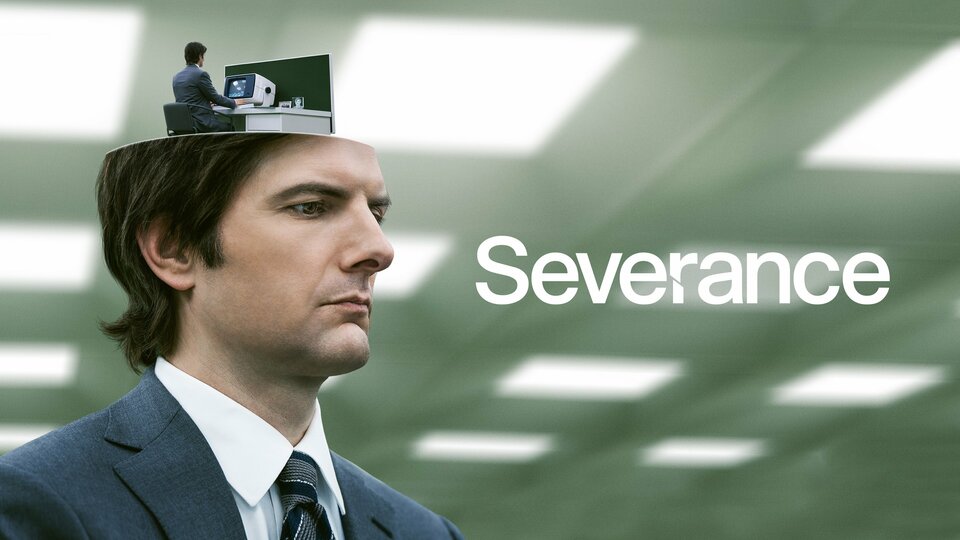
Severance, Apple TV+’s critically acclaimed psychological thriller, explores the unsettling concept of “work-life balance” taken to its extreme. Through a surgical procedure called “severance,” employees at the mysterious Lumon Industries separate their work and personal memories completely. What results is a fascinating exploration of identity, purpose, and human connection. Let’s examine five key characters from the show and uncover the powerful lessons their journeys offer.
Mark Scout: Finding Purpose Through Pain
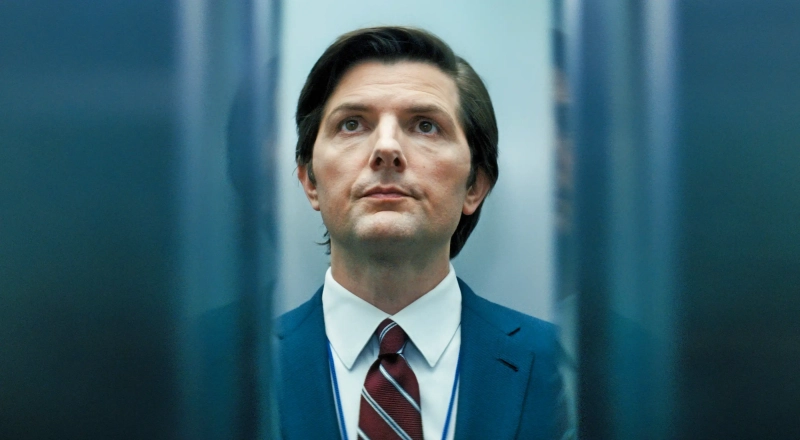
Personality: Quiet, introspective, and dutiful, Mark is a man divided in the most literal sense. His “outie” (outside-work self) is grief-stricken and withdrawn following his wife’s death, while his “innie” (work self) is a model employee who finds comfort in Lumon’s rigid structure.
Vulnerabilities: Mark’s grief has left him emotionally numb, using the severance procedure as an escape from pain. His outie drowns sorrows in alcohol, while his innie struggles with an existential emptiness he can’t understand.
Strengths: Despite his pain, Mark possesses remarkable resilience and compassion. He’s naturally suited to leadership and shows genuine care for his colleagues, even when his outie’s world is falling apart.
Life Lessons: Mark teaches us that running from pain only delays necessary healing. True growth comes from confronting our grief rather than compartmentalizing it. His journey reminds us that purpose can be found even in our darkest moments, and that human connection is essential for healing.
Helly R.: Rebellion Against Self-Imposed Constraints

Personality: Fiercely independent, stubborn, and determined, Helly refuses to accept her circumstances from her first moment of consciousness at Lumon. She embodies rebellion and the human spirit’s resistance to control.
Vulnerabilities: Helly’s determination sometimes translates to recklessness. Her emotional volatility and impulsivity lead to self-destructive actions when she feels trapped.
Strengths: Helly possesses unwavering courage, questioning authority when others comply. Her refusal to accept the status quo ultimately catalyzes change for everyone around her.
Life Lessons: Helly reminds us that sometimes resistance is necessary, even when it seems futile. Her story teaches that our sense of self is worth fighting for, and that systems designed to dehumanize should be questioned. Her journey demonstrates how one person’s refusal to conform can spark a revolution.
Irving Bailiff: Finding Meaning in Order and Connection

Personality: Methodical, ritualistic, and deeply loyal, Irving finds comfort in rules and routine. His formal manner masks a sensitive soul with artistic inclinations and a yearning for deeper meaning.
Vulnerabilities: Irving’s need for order borders on obsessive, making him susceptible to manipulation. His fear of chaos leads to rigid thinking that sometimes prevents him from seeing larger truths.
Strengths: His attention to detail, institutional knowledge, and unwavering loyalty make him invaluable. When his principles are challenged, Irving shows remarkable moral courage.
Life Lessons: Irving’s character teaches us that while structure provides comfort, true fulfillment requires meaningful connection and creative expression. His journey reminds us that rigidity can become a prison, and that sometimes our deepest self emerges only when routine is disrupted. His story shows how dedication to principles rather than institutions leads to authentic living.
Dylan George: The Power of Motivation and Adaptation
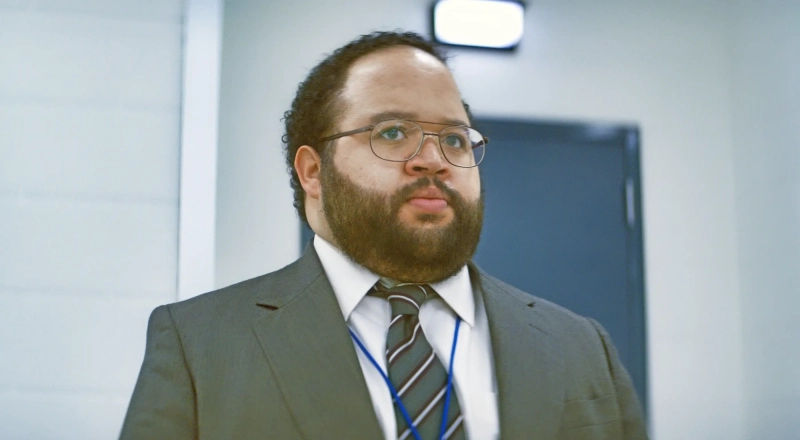
Personality: Cynical, materialistic, and competitive, Dylan initially appears shallow, motivated primarily by Lumon’s trivial rewards system. Beneath this facade lies a deeply protective and resourceful individual.
Vulnerabilities: Dylan’s competitive nature makes him susceptible to manipulation through incentives. His cynicism sometimes prevents him from forming deeper connections.
Strengths: Supremely adaptable and quick-witted, Dylan possesses an extraordinary memory and problem-solving skills. When motivated by something truly meaningful, he shows remarkable courage and selflessness.
Life Lessons: Dylan demonstrates how our motivations shape our actions and identity. His transformation teaches us that while external rewards may drive short-term behavior, lasting purpose comes from protecting those we care about. His journey shows how cynicism often masks vulnerability, and that true strength emerges when we find something worth fighting for beyond material gain.
Harmony Cobel: The Danger of Blind Faith

Personality: Enigmatic, unpredictable, and intensely devoted to Lumon’s mission, Cobel lives in two worlds as both Ms. Cobel and Mrs. Selvig. Her bizarre behavior masks a complex character caught between faith and doubt.
Vulnerabilities: Cobel’s fanatical devotion to Lumon’s philosophy blinds her to its contradictions. Her need for meaning has led her to substitute corporate doctrine for personal values.
Strengths: Highly intelligent and adaptive, Cobel executes complex schemes with precision. Her determination is unmatched, though often misdirected.
Life Lessons: Cobel’s character warns us about the dangers of unquestioning devotion to institutions or ideologies. Her story demonstrates how easily purpose can become perversion when we surrender critical thinking. She reminds us that true faith should withstand questioning, and that institutional loyalty should never supersede human dignity.
Conclusion
Severance brilliantly uses its unique premise to explore fundamental human questions: Who are we when stripped of our memories? What constitutes the self? How do we find meaning within constraining systems? Through these five complex characters, the show offers profound lessons about identity, purpose, resistance, and connection that resonate far beyond its science fiction premise.
The show ultimately suggests that even when we try to compartmentalize our lives—whether through technology like severance or simply through psychological barriers—our authentic selves find ways to emerge. True fulfillment comes not from separation but from integration of all aspects of our being, even the painful parts we might prefer to forget.





